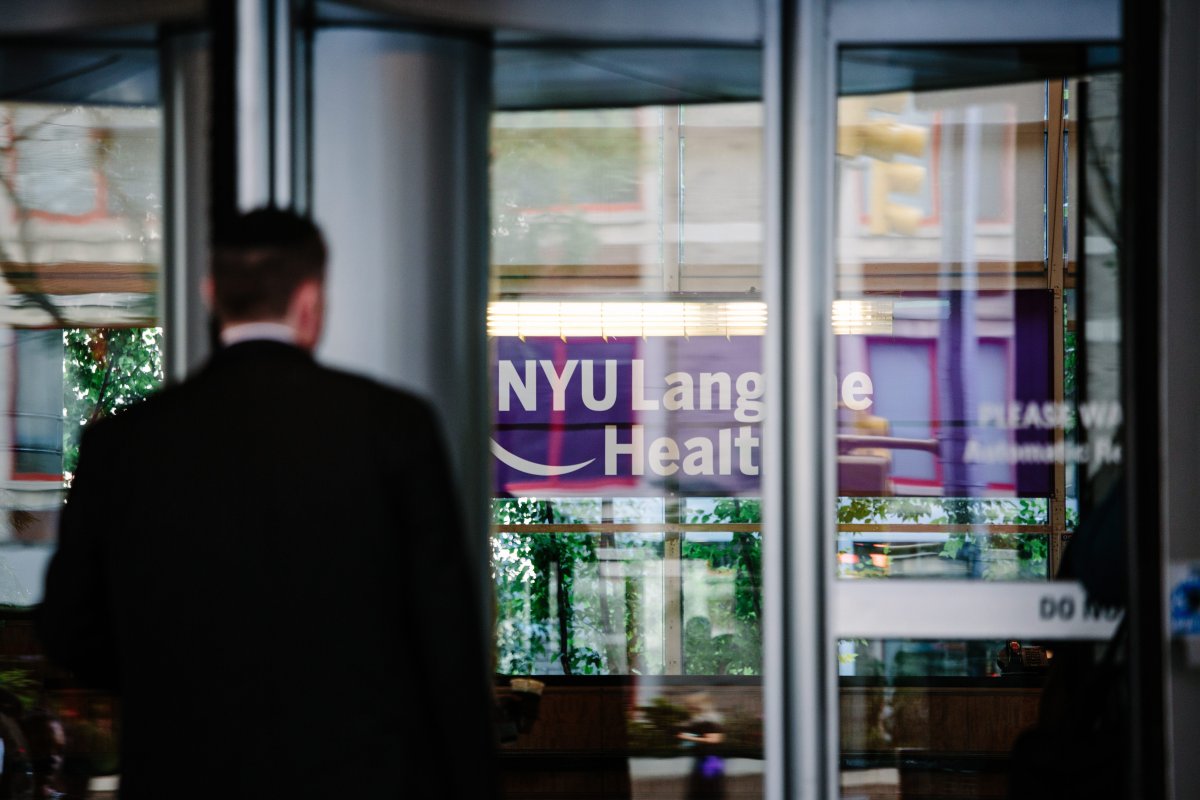New York University recently became the first major U.S. medical school to offer free tuition to all of its medical students.

The Wall Street Journal reported Thursday that rising tuition and six-figure student loans are pushing new doctors into higher-paying specialties. This trend is contributing to a shortage of primary care physicians and researchers.
WATCH: Ways to pay down student debt with a summer job

The associate dean for admissions and financial aid, Dr. Rafael Rivera, says there’s a “moral imperative” to reduce debt.
“Our full-tuition scholarships make it possible for aspiring physicians to choose a specialty based on their talent and inclinations to better serve the communities who need it most, and to more easily pursue scientific breakthroughs that improve how we care for patients,” NYU School of Medicine said on its website.
Tuition had been set at about $55,000 for the coming year, and most medical students will still need to pay about $29,000 for annual room and board and other living expenses.
WATCH: Financial expert weighs in on student loan debt and how to manage it

The university will provide full-tuition scholarships for 93 first-year students — another nine are already covered through an MD/PhD program — as well as 350 students who have already partially completed the MD-only degree program, the Wall Street Journal said.
NYU estimates it will need about $600 million to fund the tuition package indefinitely and has already raised more than $450 million. The New York Times reports that about $100 million has been contributed by Kenneth G. Langone, the founder of Home Depot, and his wife, Elaine, for whom the medical school is named.
The move received mixed responses from experts, however, some of whom took to social media to criticize the plan.
Mark Friedberg, a health and services researcher and director of the RAND Corporation, a non-profit think tank, wasn’t convinced that the move would have much of an impact on whether students choose primary care medicine.
“Calling it now: this will have no detectable effect on whether students choose primary care. Med school debt is tiny relative to lifetime earnings differences. And the job needs to change. (I’d love to be wrong on this…time will tell),” he tweeted.
In addition, Dr. Ade Adamson, a dermatologist and assistant professor at Dell Medical School at the University of Texas, agreed that the proposal was poorly thought out.
“This won’t fix the problem. Folks will still gravitate towards high-paying specialties,” he tweeted.
NYU isn’t the first American medical school to attempt to ease the burden of tuition. The University of California, Los Angeles announced a $100-million fund years ago that covers tuition for 20 per cent of its students. However, it’s based on merit rather than need.
According to the American Association of Medical Colleges, the average debt for graduating medical students in 2017 was $192,000, while the average cost to attend American medical schools was $60,945 per year.
—With files from the Associated Press




Comments